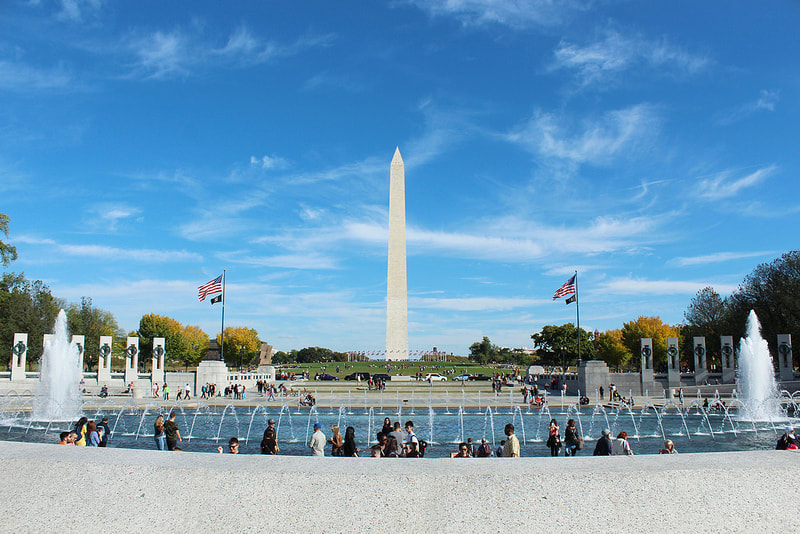| Can local leaders solve issues better than politicians and bureaucrats in Washington? I’m not in the habit of posing silly questions, but I’ll bet many of you snickered at that last sentence. Utahns, residents of a unique Western state thousands of miles from Washington, are used to having national leaders dictate tone-deaf solutions to their problems. From the Clean Air Act to rules for low-income |
| | housing to presidential decrees of national monuments, Washington imposes conditions on locals that get in the way of better solutions. Many of you also hold to the sensible idea that governments closest to the people govern best. You probably like it even better when government is just one partner in a cooperative effort to solve problems, along with businesses and other stakeholders. These are solid, conservative ideas that locals seem doomed to forever push up the mountain of centralized power, like Sisyphus, only to watch them roll back down again. Which is why the theories of Bruce Katz and Jeremy Nowak, co-authors of “The new localism: How cities can thrive in the age of populism,” a book published by the Brookings Institution, are so intriguing. According to the authors, Sisyphus is winning. The mountaintop is in sight. Power already is shifting. The world may be trending toward the re-establishment of city-states. Katz and Nowak, who, along with Salt Lake County Mayor Ben McAdams met Tuesday with the combined editorial boards of the Deseret News and KSL, see the transformation as well underway, spurred by Washington’s hyper-partisan paralysis. And like so many changes since the digital age, from online shopping to video calling, it happened mostly while no one was paying attention. Katz and Nowak refer mainly to three cities — Pittsburgh, Indianapolis and Copenhagen — as places on the leading edge of solving problems larger governments won’t tackle. The book gives Salt Lake City only one mention, as a place where private companies, the United Way and schools have come together to improve early childhood learning. But the authors were quick to heap praise on the Wasatch Front for using its unique culture to find solutions. McAdams echoed that, citing everything from the current efforts to fight homelessness to the Mountain Accord that works to preserve sensitive canyons while keeping the ski industry healthy. He might also have mentioned the so-called Utah Compromise, which brought politicians, religious leaders and the LGBTQ community together to outlaw discrimination while preserving religious liberties. Katz, the centennial scholar at the Brookings Institution, and Nowak, a distinguished visiting fellow at Drexel University’s Lindy Institute for Urban Innovation, describe how Pittsburgh and Indianapolis redefined themselves to become competitive in a new century. The same could be said for the Wasatch Front, which has spawned a high-tech economy centered on what has become known as the Silicon Slopes. The authors see a larger, long-term trend at work. “There’s this transformation that’s going on, and we have to really readjust our paradigm of how we govern and how we think about change,” Nowak said. But are we really heading for a re-establishment of city-states? It’s true cities and states are joining with other local leaders to innovate in ways Washington refuses to do. These range from $15 per hour minimum wage laws to experiments in school choice. But not all local efforts succeed. Utahns need look no further than the failed Public Lands Initiative that was supposed to bring all stakeholders together to solve public lands issues, or to its unique answer to Medicaid expansion, which never got off the political ground. Political paralysis is not unique to Washington. In the book’s first chapter, readers are asked to reimagine power and how local leaders are “shattering traditional notions of where power lies…” That’s a nice thought, especially in a place like Utah where Washington still owns a majority of the land. There also is truth to the notion that locals are taking some matters into their own hands. Power, the authors said, belongs to the problem solvers. But the truth is Washington still holds powerful cards, too. And so long as bureaucrats keep enforcing rules that affect local governments, grass-roots solutions won’t be totally free to blossom. Sisyphus hasn’t quite reached the top yet. |


 RSS Feed
RSS Feed

